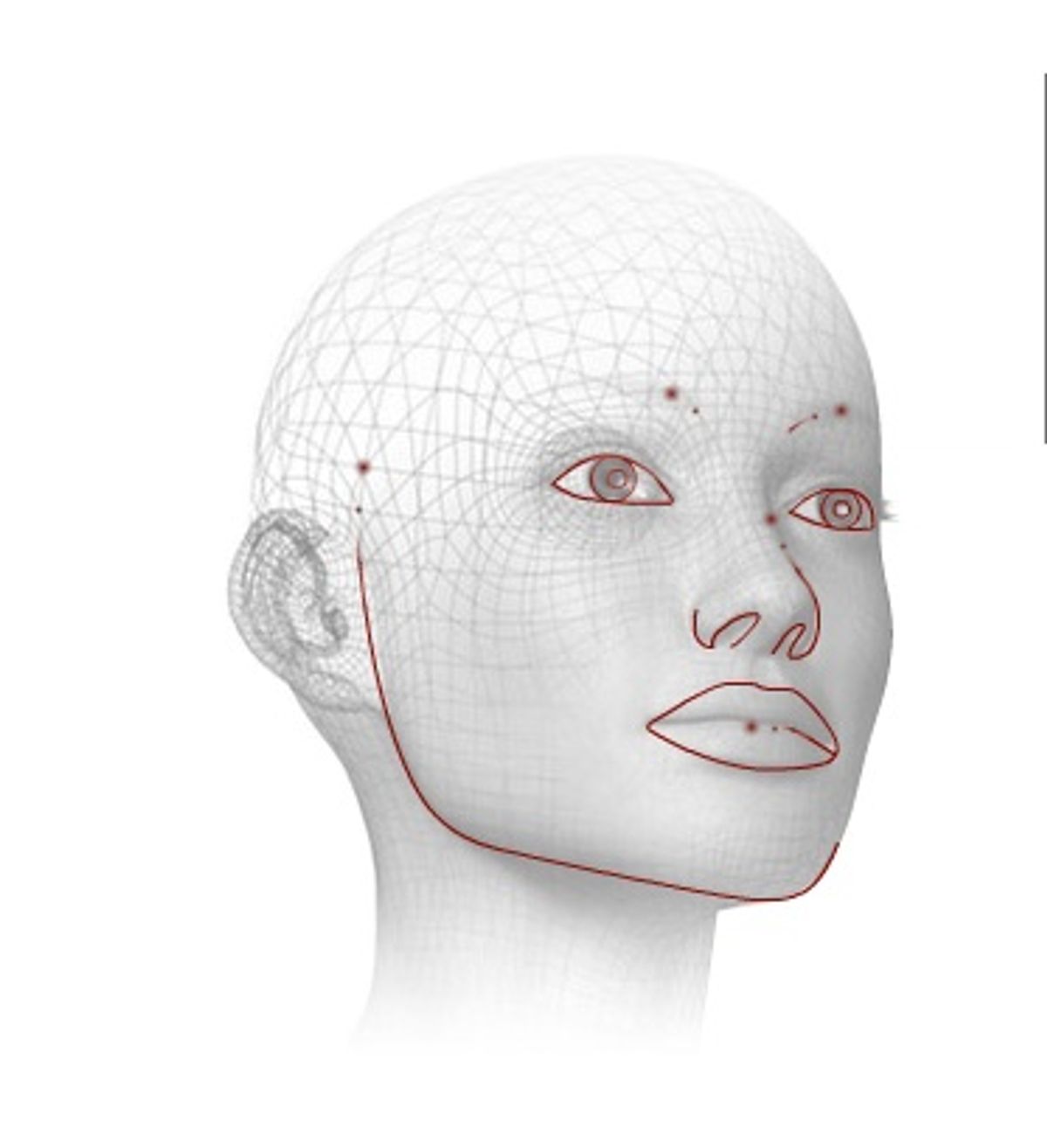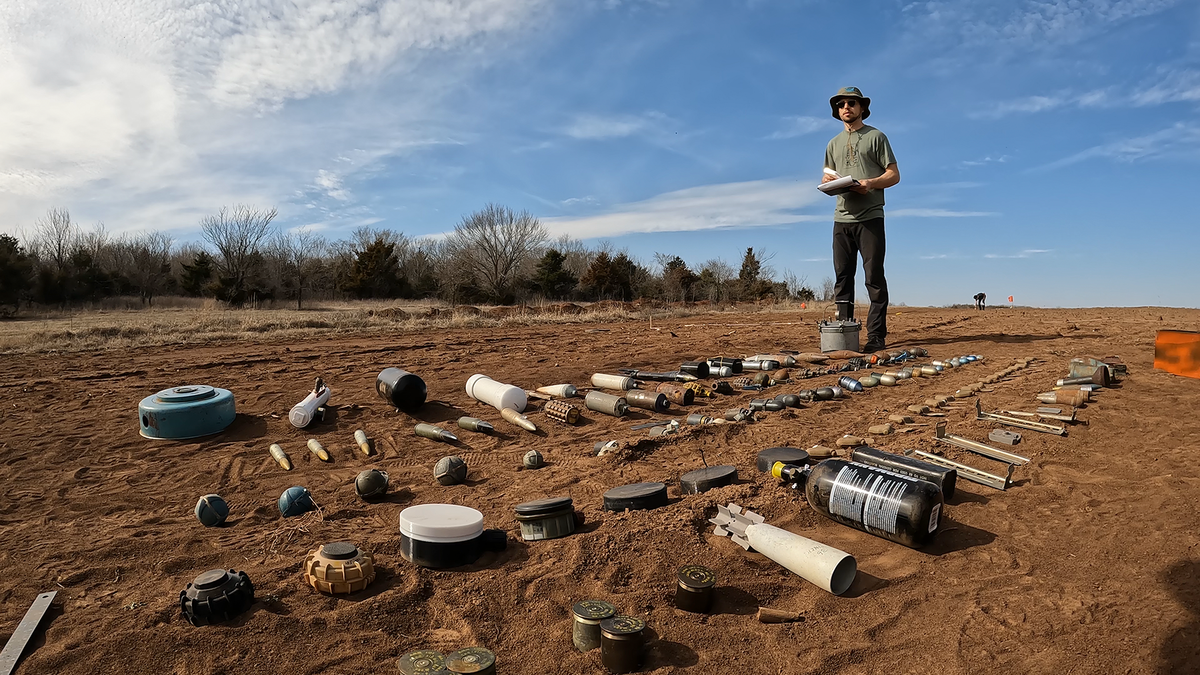Talking with Robin during his visit to Palo Alto, Calif., last week, he definitely seemed like a man tugged in two directions. While he was happy to talk about the successes of the technology in security tests, he kept bringing the conversation back to its applications in department stores, guiding women to selections of hair color and makeup.
The company, started in 2005, has eight patents for its facial recognition technology. While it mainly had in mind department store kiosks, where shoppers use it to virtually test makeup applied to photographs taken of themselves, that’s not what has the security folks excited. It’s the video streams that, in the envisioned department store application, would come from existing security cameras that has them intrigued. In department stores, Vesalis’ software compares these relatively low quality images against a database of existing customers: When the system spots a known customer coming into the store, it sends an alert to an iPad carried by a salesperson. The salesperson can then quickly look at the customer’s picture, previous order history, and other information, greet the customer by name and perhaps suggest sale or other items she might be interested in.
This fast image recognition from low-quality video, in turns out, is just what security companies dream of, to compare people against a database of known “people of concern.” The French government invested €2 million in the company in 2009, and this past October, Vesalis tested its technology during a soccer game at the Parc des Princes, the largest soccer stadium in France. The system checked 20 000 people every 20 minutes against a database of 500 problem individuals and had an accuracy rate of 98 percent; competitive technology, said Michael Vannier, Vice President of U.S. Sales, has had an accuracy rate of 61 percent in similar tests. The company expects its technology, in the future, to be used in counterterrorism, border control, ATM access, and a variety of security applications. And, Robin hopes, at a few makeup counters.
Tekla S. Perry is a senior editor at IEEE Spectrum. Based in Palo Alto, Calif., she's been covering the people, companies, and technology that make Silicon Valley a special place for more than 40 years. An IEEE member, she holds a bachelor's degree in journalism from Michigan State University.




